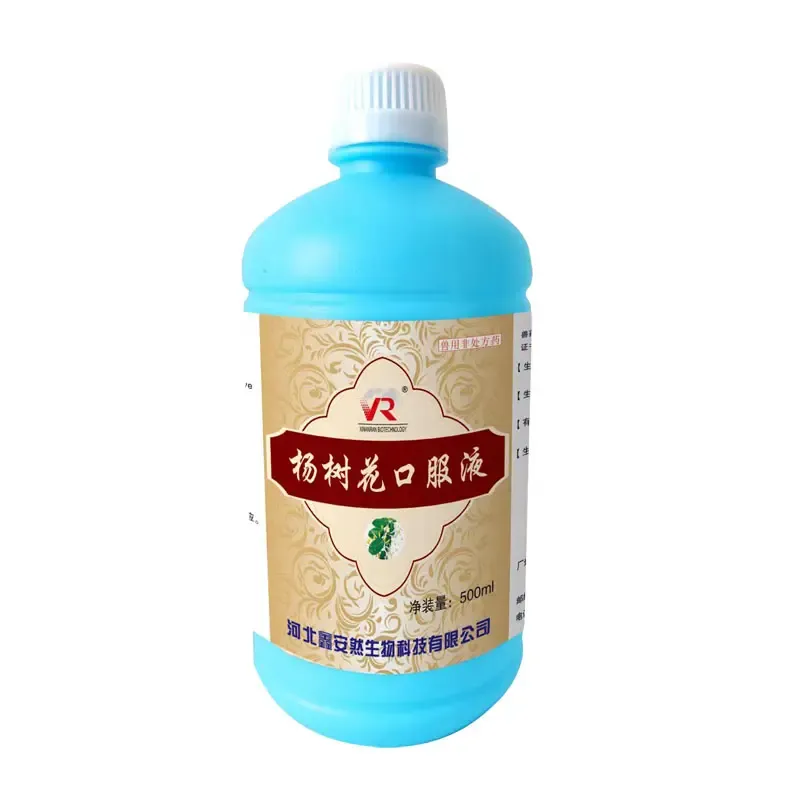- Afrikaans
- Albanian
- Amharic
- Arabic
- Armenian
- Azerbaijani
- Basque
- Belarusian
- Bengali
- Bosnian
- Bulgarian
- Catalan
- Cebuano
- Corsican
- Croatian
- Czech
- Danish
- Dutch
- English
- Esperanto
- Estonian
- Finnish
- French
- Frisian
- Galician
- Georgian
- German
- Greek
- Gujarati
- Haitian Creole
- hausa
- hawaiian
- Hebrew
- Hindi
- Miao
- Hungarian
- Icelandic
- igbo
- Indonesian
- irish
- Italian
- Japanese
- Javanese
- Kannada
- kazakh
- Khmer
- Rwandese
- Korean
- Kurdish
- Kyrgyz
- Lao
- Latin
- Latvian
- Lithuanian
- Luxembourgish
- Macedonian
- Malgashi
- Malay
- Malayalam
- Maltese
- Maori
- Marathi
- Mongolian
- Myanmar
- Nepali
- Norwegian
- Norwegian
- Occitan
- Pashto
- Persian
- Polish
- Portuguese
- Punjabi
- Romanian
- Russian
- Samoan
- Scottish Gaelic
- Serbian
- Sesotho
- Shona
- Sindhi
- Sinhala
- Slovak
- Slovenian
- Somali
- Spanish
- Sundanese
- Swahili
- Swedish
- Tagalog
- Tajik
- Tamil
- Tatar
- Telugu
- Thai
- Turkish
- Turkmen
- Ukrainian
- Urdu
- Uighur
- Uzbek
- Vietnamese
- Welsh
- Bantu
- Yiddish
- Yoruba
- Zulu
8 月 . 17, 2024 17:53 Back to list
Uses and Benefits of Oxytetracycline Injection for Poultry Health Management
Oxytetracycline Injectable for Chickens An Overview
Oxytetracycline is a broad-spectrum antibiotic that has been widely used in veterinary medicine, particularly in the poultry industry. This antibiotic is effective against a variety of bacterial infections, making it a vital tool for poultry farmers. In this article, we will explore the uses, benefits, and considerations regarding the injectable form of oxytetracycline for chickens.
Uses of Oxytetracycline in Poultry
Oxytetracycline is primarily used to treat and control bacterial infections in chickens. Common conditions include respiratory diseases, infections related to wounds, and various enteric diseases. Notably, it is effective against pathogens such as Mycoplasma gallisepticum, E. coli, and Salmonella. Given the rapid growth and high turnover of poultry farms, timely intervention with antibiotics like oxytetracycline can significantly reduce mortality rates and improve overall flock health.
Benefits of Injectable Oxytetracycline
The injectable form of oxytetracycline offers several advantages over oral formulations. First and foremost, it allows for precise dosing and quicker therapeutic action, which is crucial when dealing with acute infections. Injectables ensure that the drug enters the bloodstream directly, leading to higher bioavailability and faster onset of effects compared to oral delivery, where the drug may be degraded in the digestive system.
Injectable oxytetracycline can be particularly beneficial in stressful situations, such as during transportation or after sudden environmental changes, as it ensures that chickens receive the necessary antibiotic without the complications that can arise from feed or water intake. Furthermore, the injectable route may help treat individual birds that are showing signs of illness, allowing for targeted therapy without affecting the entire flock.
oxytetracycline injectable for chickens

Dosage and Administration
Administration of oxytetracycline injectable solutions typically requires adherence to recommended dosages to ensure efficacy and minimize resistance risks. Generally, the dosage varies with the severity of the infection, the size of the bird, and the specific product used. It is critical for poultry farmers to consult with a veterinarian when determining the appropriate dosage and treatment duration to avoid underdosing or overdosing.
Considerations and Risks
While oxytetracycline is effective, its use must be carefully managed. Over-reliance on antibiotics can lead to the development of antibiotic-resistant bacteria, posing a long-term risk to both animal and human health. Therefore, it is essential for poultry farmers to implement good husbandry practices, biosecurity measures, and appropriate vaccinations to reduce disease incidence and reliance on antibiotics.
Moreover, residues from oxytetracycline can remain in meat and eggs, necessitating careful adherence to withdrawal times before marketing poultry products. Regulations regarding antibiotic use in food animals are increasingly strict, and farmers must stay informed about local laws and guidelines to ensure compliance and maintain consumer trust.
Conclusion
In summary, oxytetracycline injectable solutions play a crucial role in managing bacterial infections in chickens. Their rapid action and effectiveness make them an essential part of veterinary medicine in the poultry industry. However, with this power comes responsibility. Poultry farmers must use oxytetracycline judiciously, ensuring that they follow best practices for dosage, administration, and overall flock management. By prioritizing animal health and welfare, farmers can maintain a productive and sustainable poultry operation while safeguarding public health.
-
The Power of Radix Isatidis Extract for Your Health and Wellness
NewsOct.29,2024
-
Neomycin Sulfate Soluble Powder: A Versatile Solution for Pet Health
NewsOct.29,2024
-
Lincomycin Hydrochloride Soluble Powder – The Essential Solution
NewsOct.29,2024
-
Garamycin Gentamicin Sulfate for Effective Infection Control
NewsOct.29,2024
-
Doxycycline Hyclate Soluble Powder: Your Antibiotic Needs
NewsOct.29,2024
-
Tilmicosin Premix: The Ultimate Solution for Poultry Health
NewsOct.29,2024













